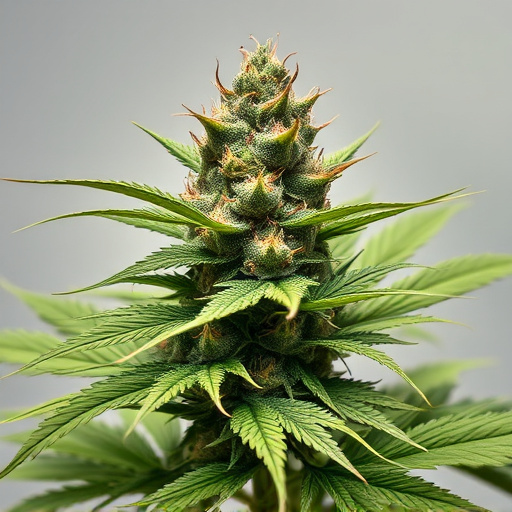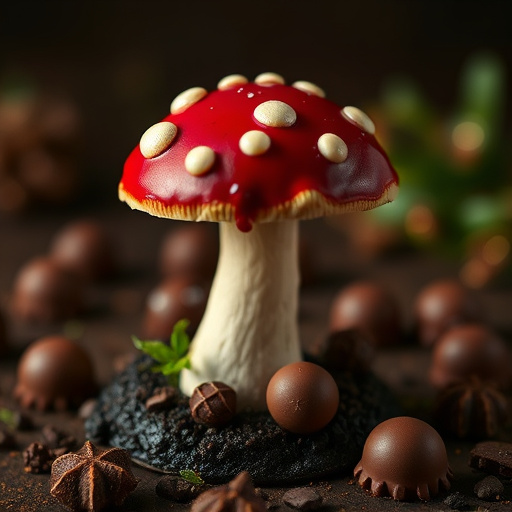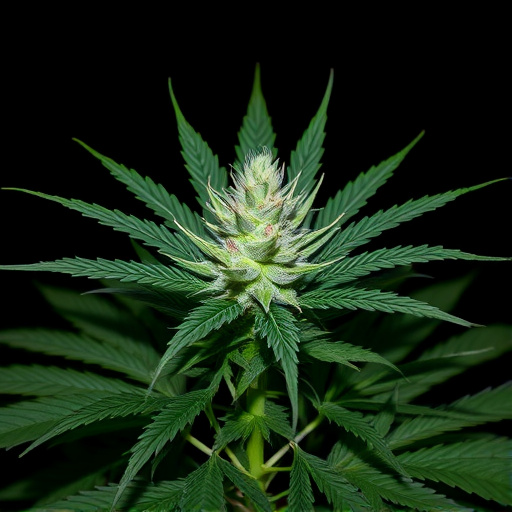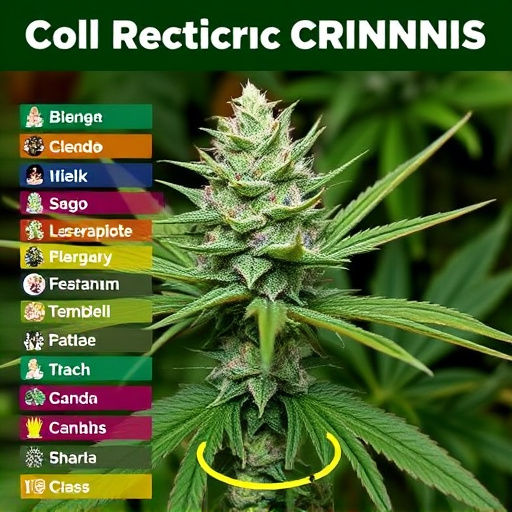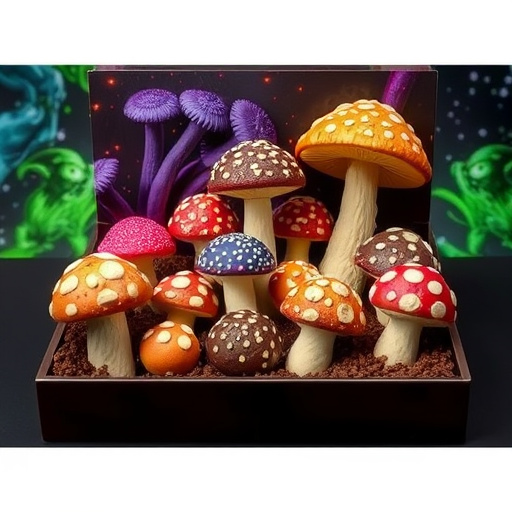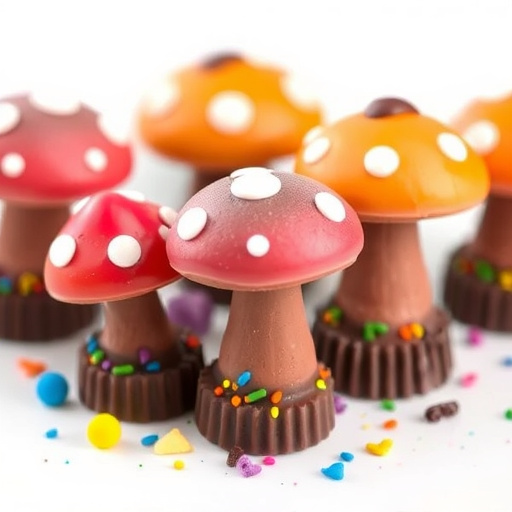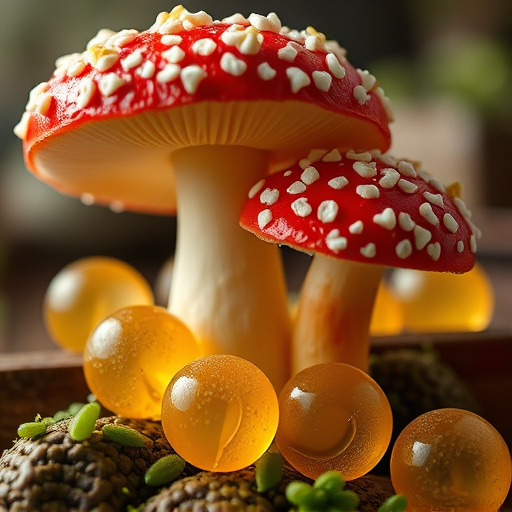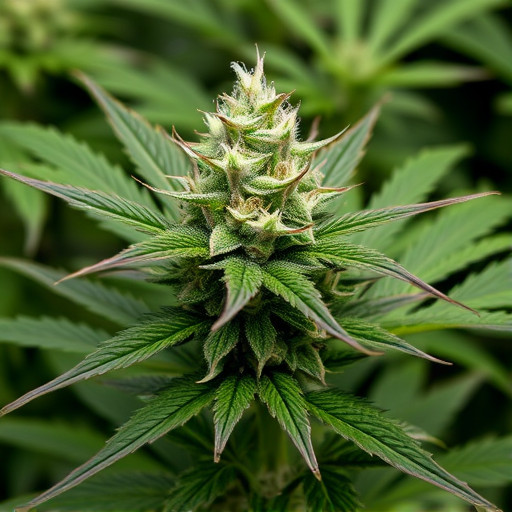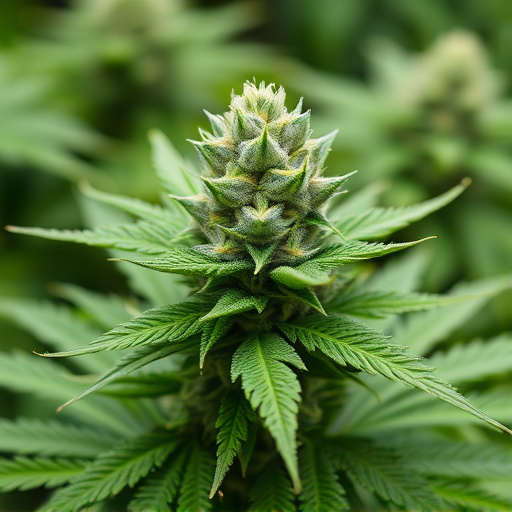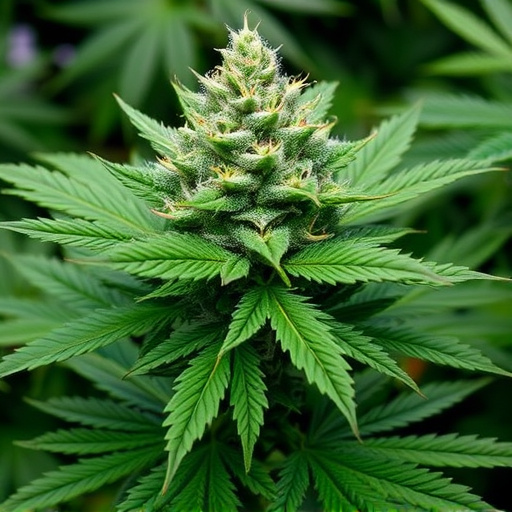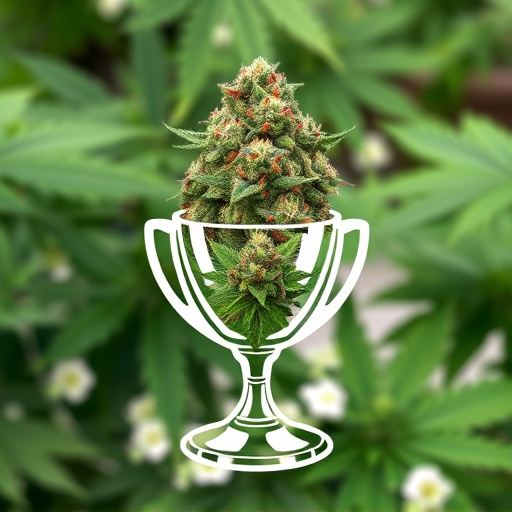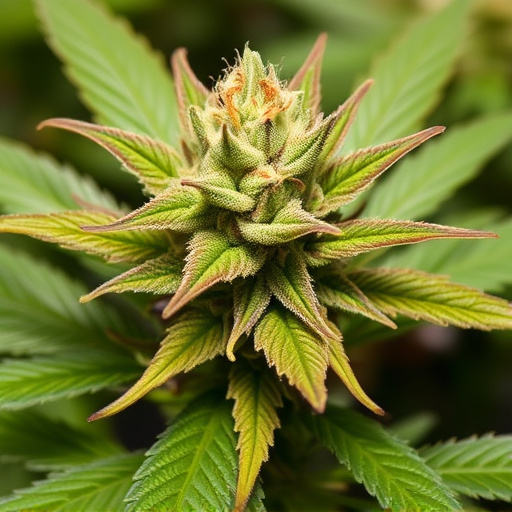Cannabis cup winning strains contain cannabinoids like THC and CBD that interact with brain neurotransmitters dopamine (pleasure, motivation) and serotonin (mood, sleep). This interaction leads to diverse sensory and emotional experiences. High-THC strains stimulate dopamine release for euphoria, while CBD-rich strains balance serotonin levels for improved mood regulation. Understanding this interplay is crucial for comprehending cannabis's complex mental and physical effects.
In the realm of neuroscience, understanding neurotransmitters like dopamine and serotonin is key to unraveling the effects of substances like cannabis. This article delves into the intricate relationship between cannabis and these mood regulators, focusing on how specific strains, as recognized by Cannabis Cup winners, can significantly impact brain chemistry. By exploring these connections, we gain insights into both potential therapeutic benefits and the complexities of cannabis’s influence on our reward and emotional systems.
- Understanding Dopamine and Serotonin: The Neurotransmitters of Reward and Mood
- Cannabis and Its Impact on Dopamine and Serotonin Systems
- Exploring Cannabis Cup Winning Strains: Effects on Brain Chemistry
Understanding Dopamine and Serotonin: The Neurotransmitters of Reward and Mood
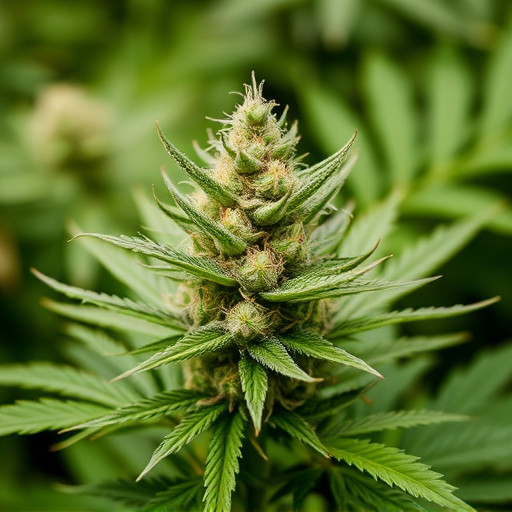
Dopamine and serotonin are two key neurotransmitters that play a crucial role in regulating mood, motivation, and reward in the human brain. Often referred to as the “feel-good” chemicals, they are responsible for those instant moments of pleasure and satisfaction we experience when doing something enjoyable, like indulging in a delicious meal or winning a competition—such as the prestigious Cannabis Cup winning strains known worldwide.
Dopamine stimulates feelings of pleasure, motivation, and focus, while serotonin influences mood, sleep, and appetite. When cannabis enters the picture, it can interact with these neurotransmitters, leading to various effects. Cannabinoids in cannabis, like THC and CBD, can bind to specific receptors in the brain, potentially enhancing or altering natural dopamine and serotonin activity, resulting in a range of sensory and emotional experiences that have attracted both scientific interest and recreational exploration.
Cannabis and Its Impact on Dopamine and Serotonin Systems
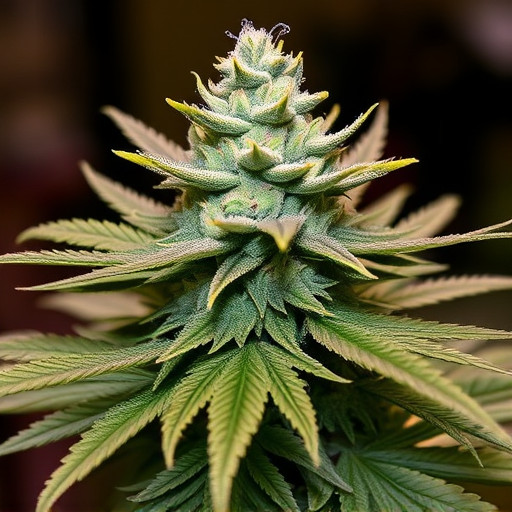
Cannabis, particularly certain cannabis cup winning strains, has been shown to interact with the brain’s dopamine and serotonin systems, which play pivotal roles in regulating mood, pleasure, motivation, and sleep. When consumed, cannabis activates specific receptors in these systems, leading to a cascade of effects that can both enhance and disrupt natural chemical balance.
Dopamine, often referred to as the “feel-good” neurotransmitter, is stimulated by cannabis, causing an increase in its availability. This boost can contribute to feelings of euphoria, reward, and motivation—explaining why many users enjoy cannabis for its uplifting and energizing effects. On the other hand, serotonin, involved in regulating mood, appetite, and sleep, may experience a temporary decrease due to cannabis interaction. This shift can lead to changes in mood and perception, sometimes resulting in heightened sensory experiences but also potentially contributing to anxiety or paranoia in certain individuals.
Exploring Cannabis Cup Winning Strains: Effects on Brain Chemistry
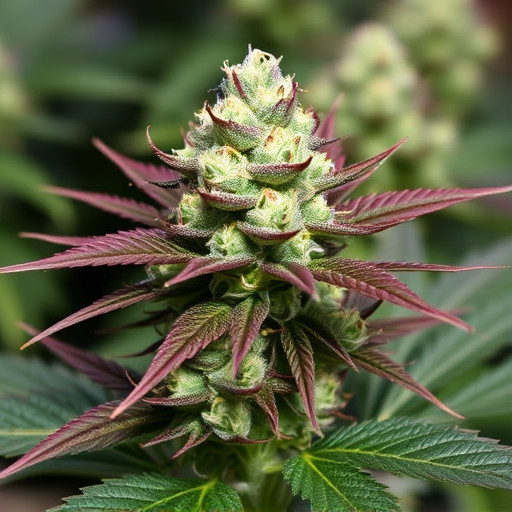
Cannabis Cup Winning Strains have been cultivated and celebrated for their unique effects, including their impact on brain chemistry. These strains, often sought after by enthusiasts, offer a range of therapeutic benefits that can be attributed to their specific cannabinoid profiles. Cannabinoids like THC and CBD interact with our endocannabinoid system, playing a crucial role in regulating mood, cognition, and pleasure.
When it comes to cannabis cup winning strains, researchers have found them to potentially enhance dopamine release, leading to feelings of euphoria and reward. Certain strains, known for their high THC content, can stimulate dopamine activity in the brain’s pleasure centers, providing explanations for their popularity among users. On the other hand, CBD-rich strains, also celebrated in these competitions, may help balance serotonin levels, contributing to improved mood regulation and reduced anxiety. This interplay between dopamine and serotonin is essential for understanding the complex effects cannabis has on our minds and bodies.
In understanding how cannabis affects dopamine and serotonin, we uncover insights into its complex interaction with our brain’s reward and mood systems. Research highlights that certain cannabis cup-winning strains, known for their distinctive chemical profiles, can significantly impact these neurotransmitters, leading to a range of effects on mood and perception. By exploring the science behind these interactions, we gain a deeper appreciation for both the potential benefits and challenges associated with cannabis use, emphasizing the importance of continued research in this area.
